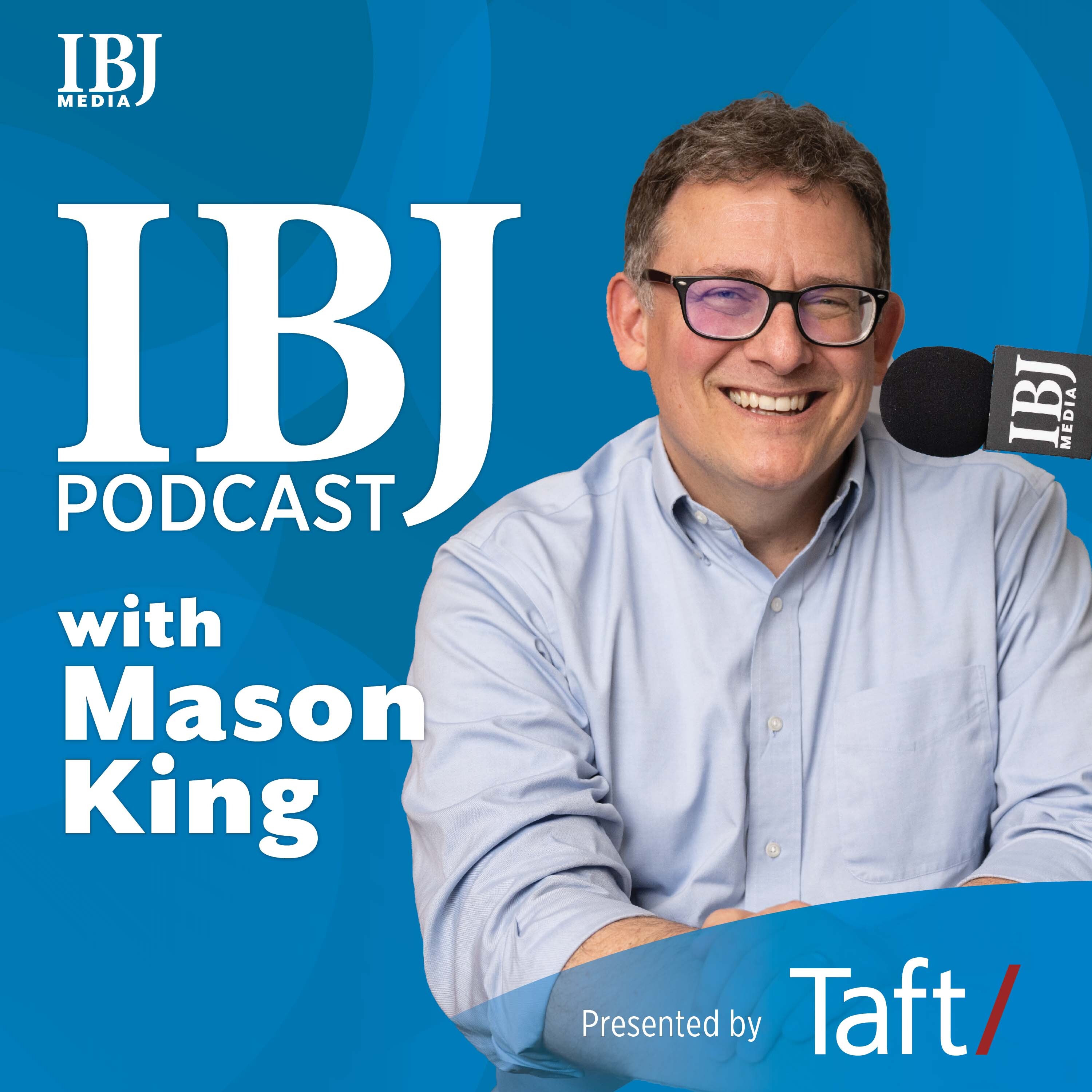Episodes
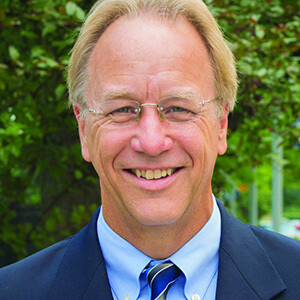
Sunday Jun 25, 2023
Sunday Jun 25, 2023
On June 30, Brian Payne will finish a 23-year run as CEO and president of the Central Indiana Community Foundation and president of the Indianapolis Foundation. You can think of CICF as an umbrella organization that includes the Indianapolis Foundation and many other foundations and charitable funds that make nearly $100 million in grants every year to help not-for-profit groups in central Indiana. Over 23 years of Payne’s leadership, the total assets of the CICF collective organization have grown from $338 million to more than $1 billion.
For that alone, Payne is widely considered one of the most influential not-for-profit leaders in the city. But he also is the founder and primary creative force behind the $63 million Indianapolis Cultural Trail that loops downtown, links its six cultural districts and has become a major driver of economic development along its path. He further cemented his reputation for taking on big challenges when, in 2018, CICF formally changed its mission to support racial equity and inclusion and to dismantle institutional racism in central Indiana.
At CICF, the new focus on fighting racism and creating opportunity for people of color led to changes big and small—from anti-racist training for its staff and cultivating new vendors to structural shifts that affected which programs and initiatives it decides to fund. The new focus was received positively by many and was criticized by others.
In this week’s edition of the IBJ Podcast, Payne explains why he has decided to retire from full-time work, what he plans to do next, and how CICF will change once he leaves. We also discuss the impact of the Cultural Trail, why CICF decided to change its mission in 2018 and the challenge of measuring its progress on a goal as large as dismantling institutional racism.
The IBJ Podcast is brought to you by Taft.
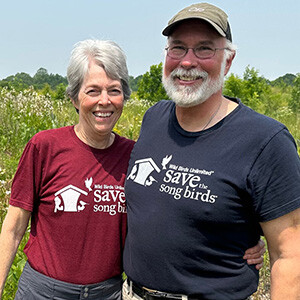
Sunday Jun 18, 2023
Sunday Jun 18, 2023
As Jim Carpenter tells it, he was “an unemployed bird watcher” in 1981 when he decided to open a feed store in Broad Ripple called Wild Birds Unlimited. Today, there are 365 franchised locations in the chain founded by Carpenter and his wife, Nancy—and the couple has a jaw-dropping new roost for watching birds. In 2021, they bought a former golf course in northern Zionsville so it could it slip back into its natural state.
The decision to buy the 215-acre Wolf Run Golf Club for $5.5 million was a bit of a gamble. The Carpenters were banking on Zionsville officials to buy the land from them—albeit at a discount from their purchase price—so it could be a town nature park. It took about two years, but the town council agreed last month to free up funds to pay $4.5 million for the land—which is now assessed at $6 million—and another $1 million to help prepare for its launch as Carpenter Nature Preserve.
Jim and Nancy Carpenter have for years practiced this kind of conservation philanthropy. They hosted the IBJ Podcast outside Wolf Run’s old clubhouse—amid a cacophony of songbirds—for an interview to discuss why they took a chance on buying the golf course, how they’ll stay involved with the preserve, and how they envision the property evolving. They also provide an update on how Wild Birds Unlimited fared during the pandemic, riding the sudden wave of interest in backyard recreation.
The IBJ Podcast is brought to you by Taft.

Sunday Jun 11, 2023
Sunday Jun 11, 2023
More than 40 million people in America are about to take a big financial hit, and it could have such serious repercussions on the economy that we could find ourselves back in at least a mini-recession.
Federal student loan borrowers haven’t been required to make loan payments since March 2020, due to the economic stresses of the pandemic. But the grace period is almost over: Some 44 million borrowers will be required to either begin or continue making payments in September.
Education officials have predicted that there could be historic levels of federal student loan delinquency and defaults. The companies that service these loans for the federal government also are in a tough position, restarting the machinery after years of inactivity or taking on millions of customers for the first time. In fact, it’s estimated that 16 million borrowers will have a different company to deal with by the time payments resume.
IBJ personal finance columnist Pete The Planner has been looking into the possible ramifications of this big shift for a sizable chunk of the country. In this week’s edition of the IBJ Podcast, he has advice for borrowers and their families to help prepare for the upcoming tumult, as well as some friendly warnings about the possible economic effects.
The IBJ Podcast is brought to you by Taft.

Sunday Jun 04, 2023
Sunday Jun 04, 2023
Indianapolis leaders made sports one of the focus points of its downtown economic development strategy as far back as the early 1970s. Today, we have the 70,000-seat Lucas Oil Stadium and the 17,200-seat Gainbridge Fieldhouse, not to mention the 9,100-seat Hinkle Fieldhouse and 6,500-seat Indiana Farmer’s Coliseum a few miles to the north.
Apparently, civic leaders believe there is room for at least one more indoor sports palace, and it intersects with another one of downtown’s evolving selling points: the campus of urban university IUPUI. As we’ve discussed, IUPUI is in the midst of splitting into two separate campuses—one for Indiana University, one for Purdue University—with its Division 1 sports programs becoming part of what will be known as Indiana University Indianapolis.
In the two-year state budget that they just approved, Indiana lawmakers allotted $89.5 million to design and build the midsize sports facility that would be home for the IU Indianapolis indoor athletic programs. But the local leaders who pushed for the funding want the 5,000-seat arena to play host to a wide variety of events serving the city’s best interests as a magnet for tourism.
On this week’s edition of the IBJ Podcast, host Mason King chats with IBJ reporter Mickey Shuey about the rationale behind the plans for the stadium, what needs to happen before construction could start, and how it could affect Indianapolis’ sports ecosystem.
The IBJ Podcast is brought to you by Taft.
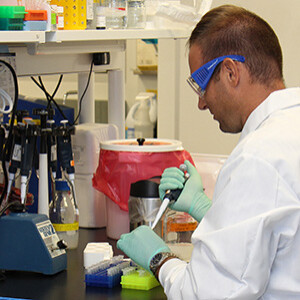
Monday May 29, 2023
Indiana becoming garden spot for vital ag innovation, food security
Monday May 29, 2023
Monday May 29, 2023
For a century, Indiana’s identity has been informed by the bucolic farms folks can see from the window of an airplane or from the window of their cars as they zoom by on one of our many interstates. But folks on the ground know that the state has become one of the nation’s hubs for plant diagnostics, crop protection, gene editing, biotechnology, food preservation, field management, aerial intelligence, animal health and sources of renewable energy. The companies and scientists involved in this work have reached the critical mass for creating an ecosystem of innovation, where advancements in one area help drive results in another. Not only is this accumulated expertise good for the state’s economy, but it also plays into national security and global stability. What is more in mankind’s best interest than the production of healthy food in adequate supplies?
For the latest edition of the podcast, host Mason King is joined by Mitch Frazier, who draws on his considerable professional experience in technology and agriculture as president and CEO of Agrinovus Indiana. It’s a statewide organization devoted to fueling growth in the agbioscience economy. Frazier, who has one of the most expansive and rounded perspectives of agricultural innovation in the state, details how Indiana is becoming a major player in vital issues of food security.
The IBJ Podcast is brought to you by Taft.

Sunday May 21, 2023
Sunday May 21, 2023
Dan Wheldon, Kyle Kirkwood, J.R. Hildebrand, Jay Howard, Sage Karam, Oliver Askew, Spencer Pigot, and Rinus VeeKay. Beyond the fact that all of these drivers are either past or current competitors in the Indy 500, what do they have in common? They all competed in the USF2000 series, which is one of the feeder series to IndyCar.
Al Morey IV is 17 years old and a rookie in the USF 2000 series, competing for Indianapolis-based team Jay Howard Driver Development. He lives in Fishers, and ever since he started racing karts at the age of 9, he has had his sights on the upper rungs of professional racing. But the road to IndyCar is never easy, in part because it is so expensive. Running an open-wheel car for a full season in USF2000 can easily run several hundred thousand dollars for the driver. That includes tires, engineering and mechanical services, parts and labor, track testing and travel, food, and lodging. Drivers can defray some of those costs with sponsor dollars, but they typically must arrange those relationships themselves.
Al Morey’s father, also named Al Morey, says the cost of this season could be anywhere between $400,000 to $700,000, depending, for example, on how often the car is damaged. In the latest edition of the IBJ Podcast, the father and son team talk about what it’s like in the trenches of professional racing, the costs involved, and how they work together to secure sponsors.
The IBJ Podcast is brought to you by Taft.
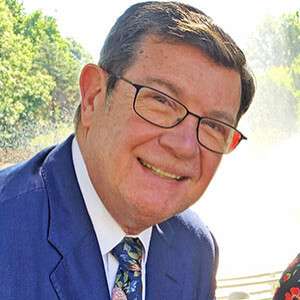
Sunday May 14, 2023
Sunday May 14, 2023
In 1977, Rabbi Dennis Sasso and his wife, Rabbi Sandy Eisenberg Sasso, loaded up their car and drove from New York to Indianapolis. As the first practicing rabbinical couple in world Jewish history, they already had a fair amount of renown and had even appeared on the quiz shows “What’s My Line?” and “To Tell the Truth.” But they were young—just a few years out of rabbinical school—so it might have been a bit of a gamble for Congregation Beth-El Zedeck in Indianapolis to hire them as its spiritual leaders. Dennis was named senior rabbi, a position he has held now for 47 years.
The records are little spotty, but congregation officials believe he has led or been involved in more than 2,400 Shabbat services, close to 1,400 bat mitzvahs and bar mitzvahs, 275 weddings, 1,000 funerals, 800 bris and baby-naming celebrations and 470 board meetings. At the end of this month he will retire as senior rabbi, although the weekend of May 13 and 14th will be filled with special events honoring Sasso at the synagogue.
On the eve of the May 13th celebrations, IBJ Podcast host Mason King sat down with the two rabbis to discuss Dennis’ decision to step down, the months of preparation necessary for such a transition, what he sees as his legacy and, crucially, what exit music he would want heard as he dances into retirement.
The IBJ Podcast is brought to you by Taft.

Monday May 08, 2023
The biggest questions dogging the bills passed by the Indiana Legislature
Monday May 08, 2023
Monday May 08, 2023
The 2023 Indiana General Assembly wrapped up about a week ago—specifically, 2:47 a.m. on Friday, April 28—after your state lawmakers hammered out a $44.6 billion budget for the next two years, filed 1,154 bills and approved 252 of them. Gov. Eric Holcomb has now signed all 252, as of May 4. As you know, both the Indiana House and the Indiana Senate have Republican supermajorities, so the GOP generally did not need support from Democrats to pass its priorities. And so these laws now venture out into the world to do the bidding of our elected representatives. It was hard to miss the big debates this year over the proposed ban on gender transition procedures for minors, which is now law. As are the controversial proposals to expand eligibility for the state’s school voucher program, ban instruction on human sexuality in grades kindergarten through third, and forbid state retirement system managers from investing in companies based on environmental and social factors.
For journalists who cover state government, the end of the legislative session is just the beginning. Now they must follow these laws and report on their consequences. We can assume that lawmakers go into these sessions with the best of intentions, but sometimes the laws they produce don’t work as intended. Sometimes they immediately end up in the court system through legal challenges. And sometimes they require a Herculean amount of work to simply get up and running. The reporters who covered this year’s session already have earmarked the laws that bear more investigation, and we have two of them join host Mason King on the podcast this week: Peter Blanchard, who covers politics and state government for IBJ, and Casey Smith, who covers the same for the not-for-profit newsroom Indiana capital Chronicle.
The IBJ Podcast is brought to you by Taft.

Sunday Apr 30, 2023
Sunday Apr 30, 2023
The first episode of the IBJ Podcast was posted on June 4, 2018. This week, we present the 250th episode. As listeners know, the podcast’s only regular guest outside of IBJ’s editorial staff has been Pete Dunn, aka Pete the Planner. He first was featured on March 11, 2019, after becoming one of IBJ’s regular columnists for personal finance. Over about 20 podcast episodes, he and host Mason King have discussed investments, insurance, budgeting, retirement, buying a car, saving for college, giving to charities, quitting your job, and how to prepare for the next financial calamity.
After nearly every interview with Dunn, King has had the nagging suspicion that at least one important question—perhaps a bit too touchy, or even mercenary—goes unasked. This week, he asks those questions. The kid gloves are off, and Dunn has agreed to discuss some of the sensitive topics in personal finance. How can you help your spouse or elderly parents when they can’t manage their own finances? Who in a marriage should have the final say on big purchases? How should one prepare for the financial implications of divorce? How much should you ask about your pending inheritance? And, of course: How do you know when it's time to change financial advisers?
The IBJ Podcast is brought to you by Taft.
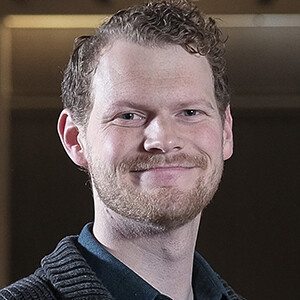
Sunday Apr 23, 2023
Joel Kirk on how Indy became a musical incubator for Broadway
Sunday Apr 23, 2023
Sunday Apr 23, 2023
Joel Kirk doesn’t have an MBA or what you would consider to be a traditional business background. But he is every inch an entrepreneur and promoter, and he cut his teeth in one of the toughest markets in the world: New York City. And he has persuaded some of the most experienced philanthropists in central Indiana to back his venture that makes Indiana a conduit for one of New York City’s most famous products: Broadway-style musicals.
A native of Carmel, Kirk is the founder and CEO of Discovering Broadway, which brings musicals that are still in the developmental stage to central Indiana so the creative teams can work in relative peace and then stage their work here with a combination of local and national talent. For example, the creative team behind the musical version of “The Devil Wears Prada” rewrote most of the show’s script and created several new songs over the course of about a week in Carmel back in 2021.
In this week’s episode of the IBJ Podcast, Kirk discusses his own incubation period in Carmel and then at Ball State University before moving to New York at the age of 20 and starting a career as a theater director. He also tells the origin story of Discovering Broadway and explains how this one-man show—at least until recently—persuaded producers and creators with international reputations to make central Indiana their workshop.
The IBJ Podcast is brought to you by Taft.

